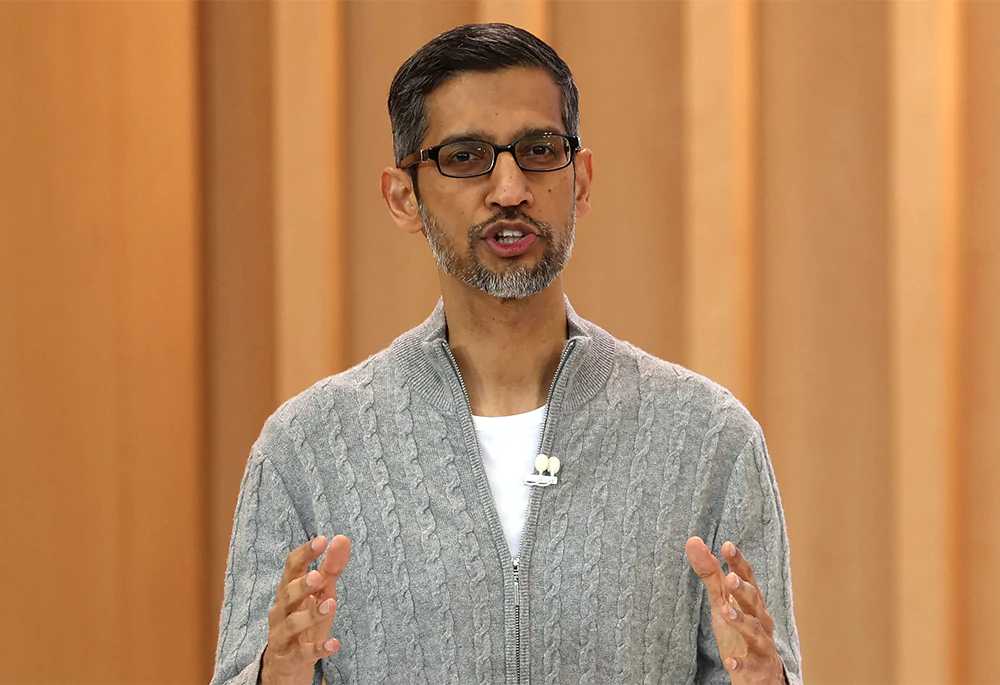When Google was founded back in 1998, it was called "BackRub," and it didn't have much to say, because the web was a lot smaller, and the startup was tiny.
Its founders, Larry Page and Sergey Brin, were still undergraduate students, and that they had a long way to go, and lots to do.
The two founders never considered themselves hardcore coders at heart. But regardless, they envisioned something, and grabbed the opportunity. And this time, what they upbrought has successfully matured into something so phenomenal.
Their product, Google Search, has become the largest internet search engine the world has ever seen.
In 2023, Google is a 25 years old, and the trend is shifting, more or less.

This happens because Google Search, which reshaped the web into a searchable information, is seeing an emergence of AI, which is so significant that it began to worry Google.
Following the time OpenAI introduced ChatGPT and awed practically the entire tech ecosystem, the company issued a "code red" warning.
CEO of both Google and Google's parent company, Alphabet, Sundar Pichai, doesn't want to see AI has a threat.
Instead, Pichai wants to see it as an opportunity to improve.
Google "started with a search," and that in 2023, it's worth "a quarter century of questions."
Looking forward, Pichai considers Google as a company that has a "healthy disregard for the impossible," which makes it able to reach this far.
In a blog post, he said that:
"We’re just beginning to see what the next wave of technology is capable of and how quickly it can improve. One million people are already using generative AI in Google Workspace to write and create. Flood forecasting now covers places where 460+ million people live. A million researchers have used the AlphaFold database which covers 200 million predictions of protein structures, helping with advances to cut plastic pollution, tackle antibiotic resistance, fight malaria, and more. And we’ve demonstrated how AI can help the airline industry to decrease contrails from planes, an important tool for fighting climate change."
He added there is much more about AI that lies ahead.
The CEO who took his time for some gratitude, and a moment to reflect, thanked "the hundreds of thousands of Googlers past and present."
Google's mission has long been to organize the world's information and make it universally accessible and useful.
Everything Google does is guided by this mission, and the company has proven itself and the world, that it has become a powerhouse in the tech industry.
With Google, now a quarter of a century old, and being one of the most famous and successful internet companies ever, Pichai also thanked everyone "who use our products and challenge us to keep innovating."
"Making AI more helpful for everyone, and deploying it responsibly, is the most important way we’ll deliver on our mission for the next 10 years and beyond," he said.